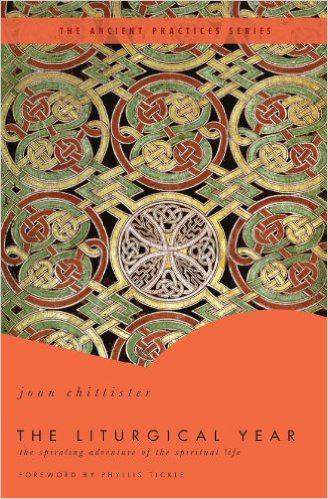Why all this suffering?
Holy Week, the seven days before the feast of Easter, is charged with meaning. It is a microcosm of Jesus’ public life in bas-relief. All of its components are there—the population at large, the temple priests and their concern for orthodoxy, the prophetic words of Jesus and the political concerns of Roman officials for the social upheavals they feared could come from them, the arrest and isolation of Jesus, and the fears and confusion of his followers. Condensed into one week, all these elements in the life of Jesus are laid bare for all to see. It is a dark week, a week heavy with the intensity of the drama among them.
prophetic words of Jesus and the political concerns of Roman officials for the social upheavals they feared could come from them, the arrest and isolation of Jesus, and the fears and confusion of his followers. Condensed into one week, all these elements in the life of Jesus are laid bare for all to see. It is a dark week, a week heavy with the intensity of the drama among them.
We see all the forces of evil collude and collide. We watch as Jesus, caught in the grip of religious and political agendas, goes on speaking out, doing good, regardless. No political spin here. Jesus will die, yes, but not only. There is more than death to come.
All in all, it is a week that brings us face-to-face with the great question, why must this happen? What is all this suffering about? But deep down inside of us, we already know what the life of Jesus and Holy Week confirm: there are some things worth living for, even if we find ourselves having to die for them as well.
We suffer things we would rather not undergo because we realize that if we fail to endure them, we can never achieve what we want most in life. People struggle for days to stay afloat after shipwreck, for instance, because they have families at home who depend on them. Firefighters brave death to save their cities. For the sake of the new life to which they are giving birth, women endure long, hard labor pains rather than seek mediations to allay their own suffering. To be able to see a worthy relationship between the sufferings we face, and the fulfillment of the human vision is to be able to bear almost unimaginable amounts of suffering. Knowing why we choose to suffer is what makes suffering bearable.
The Scriptures of Holy Week prepare us in another way for the approaching end of Jesus’ life—and our own. This way of life, with all its greed and enemy-making and multiple lusts, is soon to end … something new is about to begin for Jesus and the disciples. And for us too.
But the change from one way of living to another takes vision, takes commitment, takes the willingness to do what will be necessary to bring it. As Jesus did. It is this new vision, bought at the price of great sacrifice, to which Holy Week leads us. At the end of all the suffering we will see for ourselves with the women at the tomb, with the apostles in the Upper Room, with the disciples on the way to Emmaus, that there is life in death beyond all imagination.
––from The Liturgical Year by Joan Chittister (Thomas Nelson)
